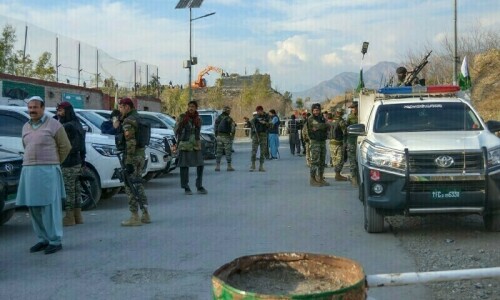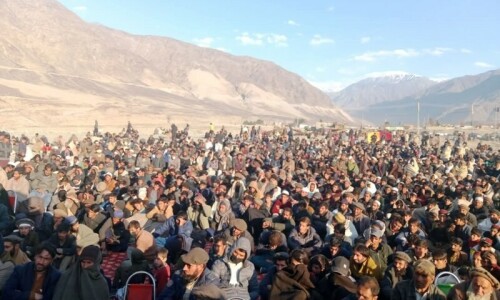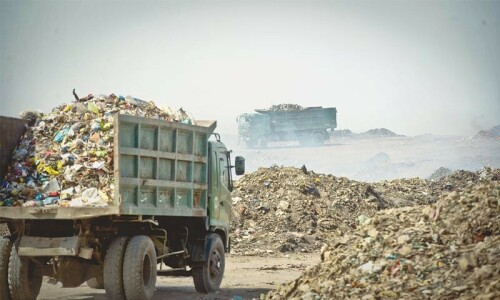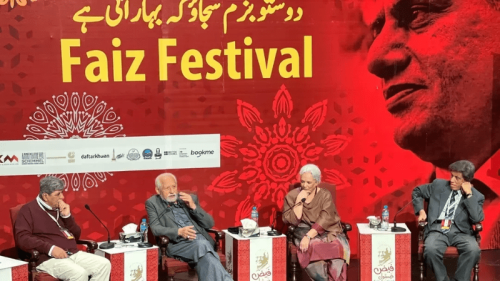MOSCOW: Rustam Nargyziev left his native Tajikistan for Russia, dreaming of making easy money to sustain his family back home in a modern day gold rush of frenetic construction in 21st century Moscow.
For two years, his prospecting found its rewards as the 25-year-old worked at one construction site after another in a Russian capital that was witnessing an unprecedented building boom.
Although his jobs have always been on the black market, he never had to deal with contractors who did not pay him for his work.
But Rustam has been out of work since the economic crisis unleashed a whirlwind of havoc amongst the half-built shiny business centres and glitzy housing developments sprouting up throughout central Moscow.
The now-unemployed construction foreman has had to repeatedly beg his former employer to pay him the wages he is owed for his last four months of work.
Since October, he and 27 members of a crew hired to plaster the walls of a large parking deck have not received a single rouble. The gates of the construction site have been padlocked.
The contractor “owes a million roubles (27,800 dollars) to the 27 men who have worked here for two months. We haven’t received a kopek and we were simply driven out of here,” said Rustam.
He now dreams of only one thing – “returning home”.
For its part, the contractor has told the workers it cannot pay, since the developer of the project has gone bankrupt.
Rustam, who is now staying with friends, travelled day after day to the construction site to convince the contractor, MIK-2007, to pay the wages of his men. Without work, his debts have mounted to around 1,200 dollars.
And they are not the only ones suffering.
The economic crisis has seen construction work halt on sites across Moscow and the rest of Russia, forcing tens of thousands of migrants from the poorest countries of the former USSR out of work.
According to a report by the mayor of Moscow last December, the Russian capital in 2008 had two million foreign workers, 90 per cent of them illegal.
Since the third quarter of last year, when the financial crisis began to hit Russia, organisations monitoring immigrant workers have noted a skyrocketing number of delayed or cancelled payments, a situation against which migrant workers are powerless.
The Association of Tadjik Migrant Workers received more than 6,000 calls for assistance in December, compared to about 1,800 such calls in December 2007.
Migrant labourers are now faced with a difficult choice – pile up debts and remain in Russia with a slim chance of finding work or deprive their families of income by returning to countries where they live in poverty.—AFP
















































Dear visitor, the comments section is undergoing an overhaul and will return soon.